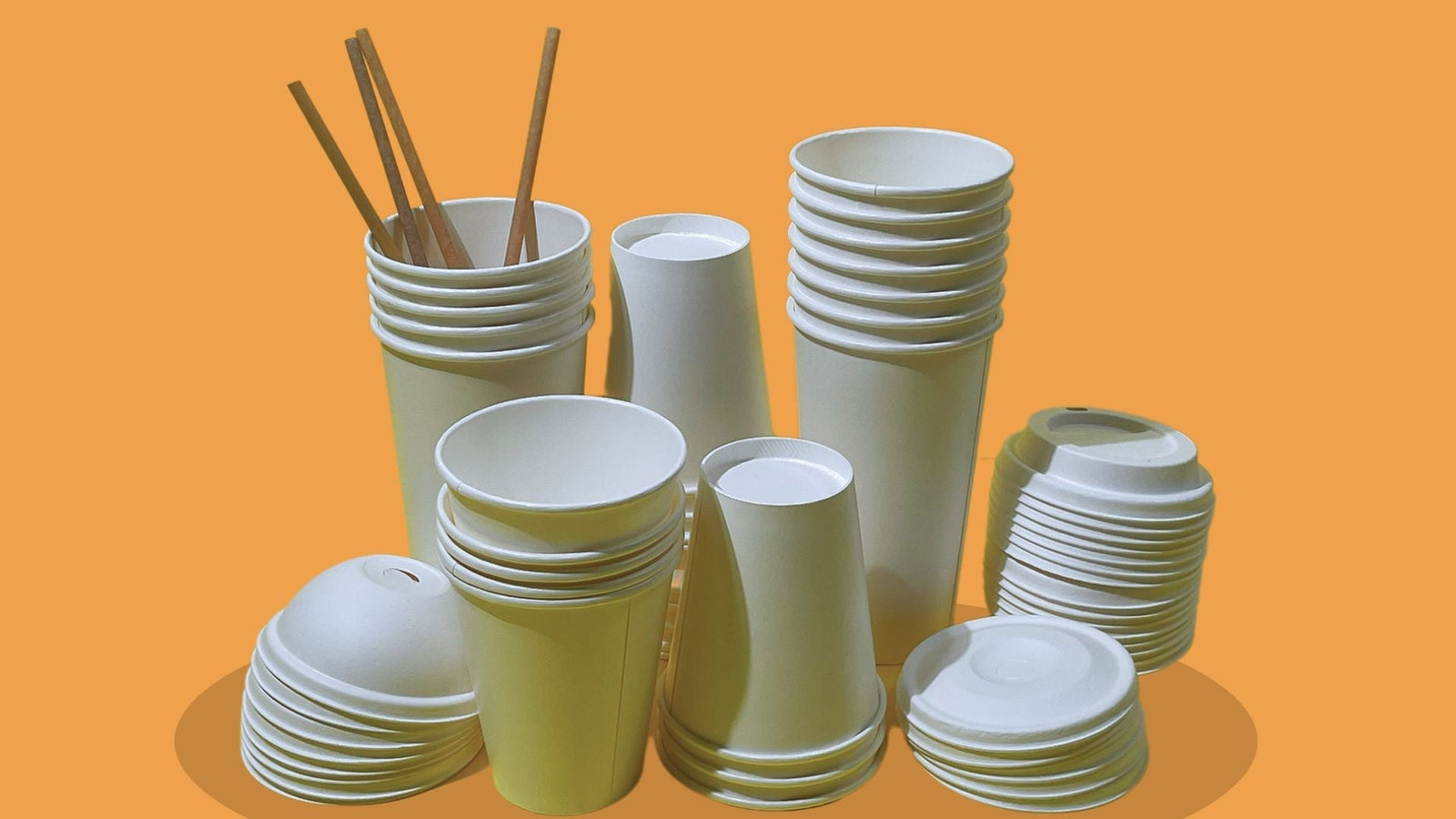The global shift toward sustainable living has intensified the demand for eco-friendly alternatives to traditional products. Among these, single-materials compostable products stand out for their simplicity, efficiency, and environmental benefits. These products are typically made from a single type of compostable material, such as sugarcane, bamboo, or cornstarch, making them easier to compost and recycle compared to multi-material products. In this blog, we’ll delve into the advantages of single-materials compostable products, provide relevant examples, and explore their impact on sustainability.
What Are Single-Materials Compostable Products?
Single-materials compostable products are items made entirely from one biodegradable material that can decompose in composting conditions. Unlike products made from a blend of materials like plastic and paper, these items don’t require complex recycling processes and break down naturally without leaving harmful residues. Examples include sugarcane plates, bamboo utensils, and compostable bags made from cornstarch.
Why Single-Materials Compostable Products Are Better
The advantages of single-materials compostable products go beyond just their environmental benefits. These products simplify the composting process, reduce waste, and offer practical solutions for both consumers and businesses. Let’s explore the specific reasons why they stand out.
Simplified Composting Process
One of the primary benefits of single-materials compostable products is their ease of disposal. Since they are made from a single type of material, they eliminate the need for sorting or separating components before composting. For instance, a plate made entirely from sugarcane fibers can go straight into a compost bin, reducing waste management complexities.
>> Read more:
Reduced Environmental Impact
Multi-material products often contain non-biodegradable components that take decades to break down, contributing to landfill overflow. A study by the World Bank estimated that global waste could increase by 73% to 3.88 billion metric tons by 2050 if current trends continue. Single-materials compostable products help mitigate this by decomposing completely within months, depending on the material and conditions.
Versatility and Durability
Single-materials compostable products are not just eco-friendly; they are also practical. For example, sugarcane containers can hold hot or cold food without leaking, while bamboo utensils are sturdy enough to replace plastic cutlery. EQUO’s sugarcane food containers, available in various shapes and sizes, demonstrate how single-material designs can meet diverse consumer needs.
Real-Life Examples of Single-Materials Compostable Products
Real-life examples highlight how single-materials compostable products are already making a difference in reducing waste and promoting sustainability. Here are some products leading the way.
Sugarcane Food Containers
EQUO’s sugarcane containers are microwave-friendly, durable, and decompose within a year in composting conditions. These containers come in several designs, including 2-compartment boxes, 3-compartment boxes, and small sauce cups, catering to different storage and transportation needs.
Compostable Straws
EQUO’s compostable straws—such as coffee straws, sugarcane straws, and coconut straws—are made entirely from plant-based materials. They contain absolutely no plastic and can break down completely in the environment within a year. Unlike paper straws that may disintegrate during use, EQUO’s compostable straws offer durability, making them an ideal choice for eco-conscious individuals and businesses.
Cornstarch Bags
Compostable bags made from cornstarch are increasingly popular in grocery stores. They are strong enough to carry heavy loads and decompose completely in industrial composting facilities.
Economic Benefits for Businesses
Adopting single-materials compostable products is not only an environmentally responsible choice but also a strategic one for businesses. Let’s explore how these products can positively impact a company’s operations and reputation.
Lower Waste Management Costs
Businesses that switch to single-materials compostable products can save on waste disposal fees by reducing non-recyclable waste. Restaurants and cafes that adopt compostable packaging, for instance, often see decreased landfill costs.
Brand Reputation
Consumers are increasingly supporting eco-conscious brands. According to a 2022 NielsenIQ survey, 78% of consumers say they would pay more for sustainable products. By offering single-materials compostable products, businesses can appeal to this growing demographic and enhance their reputation as eco-friendly.
Challenges to Adoption
While single-materials compostable products offer numerous benefits, some challenges remain:
- Higher Initial Costs: These products may cost more than traditional plastic alternatives. However, the long-term environmental benefits often outweigh the initial expense.
- Composting Infrastructure: Not all areas have access to composting facilities, which limits the effectiveness of compostable products in some regions.
How EQUO Supports the Movement
EQUO is committed to providing genuinely eco-friendly solutions through its range of single-materials compostable products. From sugarcane food containers to compostable utensils, EQUO’s products are designed to decompose naturally without leaving harmful microplastics. By choosing EQUO, you’re contributing to a greener planet while supporting a brand that prioritizes sustainability.
Conclusion
Single-materials compostable products simplify waste management, reduce environmental harm, and offer practical solutions for everyday use. As the world grapples with the challenges of plastic pollution, adopting these products is more important than ever. Let’s choose simplicity, sustainability, and a healthier planet for generations to come.
What do you think about single-materials compostable products? Share your thoughts or questions in the comments below!


